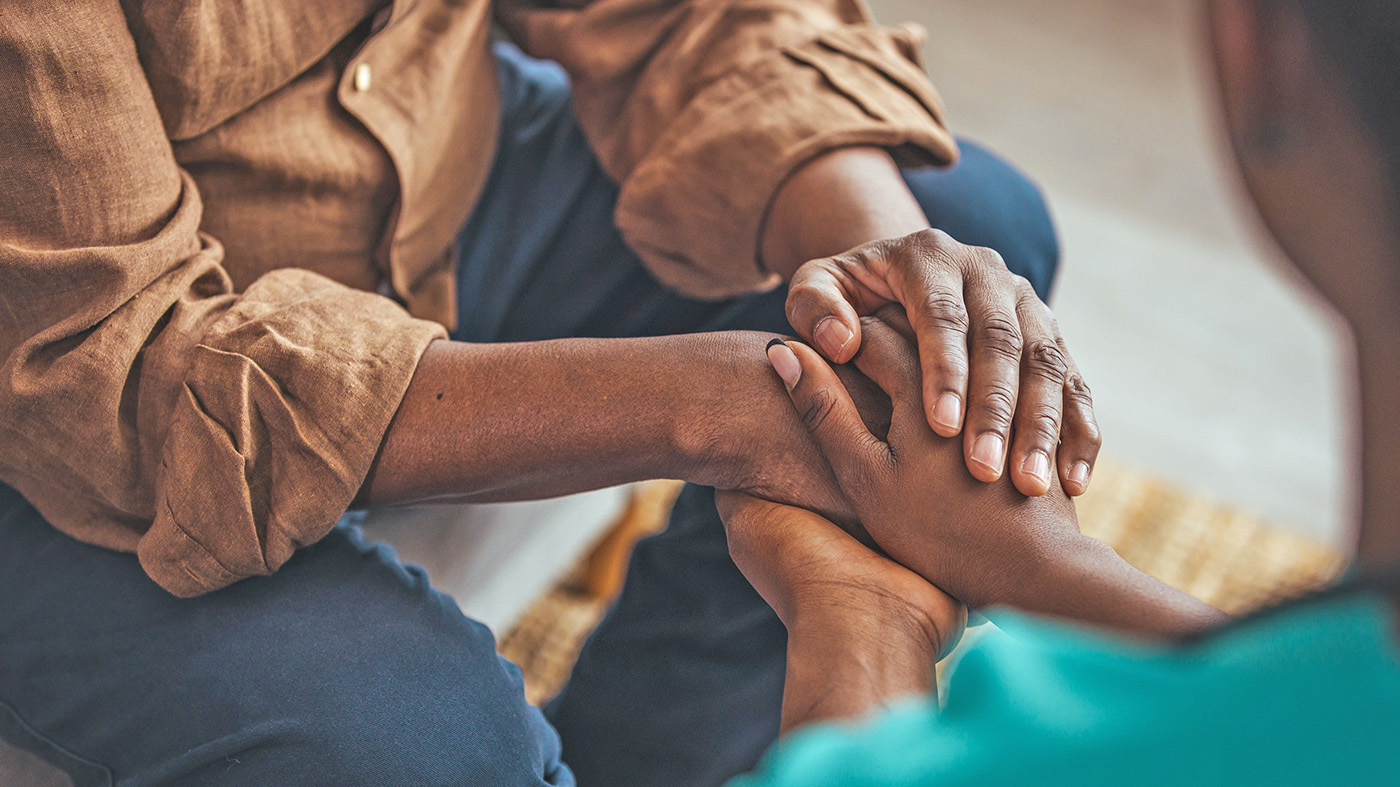If you have lost a loved one to suicide, you may be struggling to cope and are unsure of what to do next. With great sympathy for your loss, VA offers you help and resources during this profoundly difficult time.
You are not alone
While your grief experience is unique, please know that you are not alone. Surviving a loss to suicide can involve powerful emotions, changes in functioning and distressing thoughts. For many loss survivors, troubling questions and thoughts can linger.
Suicide is complex and is often the result of multiple factors rather than one event or conversation. There is usually no single explanation and you may be left with many questions that can make grieving more of a challenge.
Asking for help is a sign of strength
You might want to consider taking advantage of supportive services available for you. These services are designed to promote healing and improve well-being for those impacted by suicide loss.
Using these services, connecting with other loss survivors and accessing resources may be particularly helpful to you as you grieve and begin healing.
VA is here for you. You do not have to walk this road alone.
You can find more information and resources online.
Topics in this story
More Stories
The Medical Foster Home program offers Veterans an alternative to nursing homes.
Watch the Under Secretary for Health and a panel of experts discuss VA Health Connect tele-emergency care.
The 2024 National Veteran Suicide Prevention Annual Report provides the foundation for VA’s suicide prevention programs and initiatives.







I’m 100% disabled veteran, my ex husband took his life due to combat related PTSD and the VA refused to help me with bereavement counseling because I was in Mexico. Not only did they tell me (and our children) no to bereavement counseling, when they found out I was in Mexico they discontinued my own PTSD treatment as well. I would recommend calling 988 or going through TAPS for bereavement counseling because the VA only made me worse and now I don’t even want help anymore.